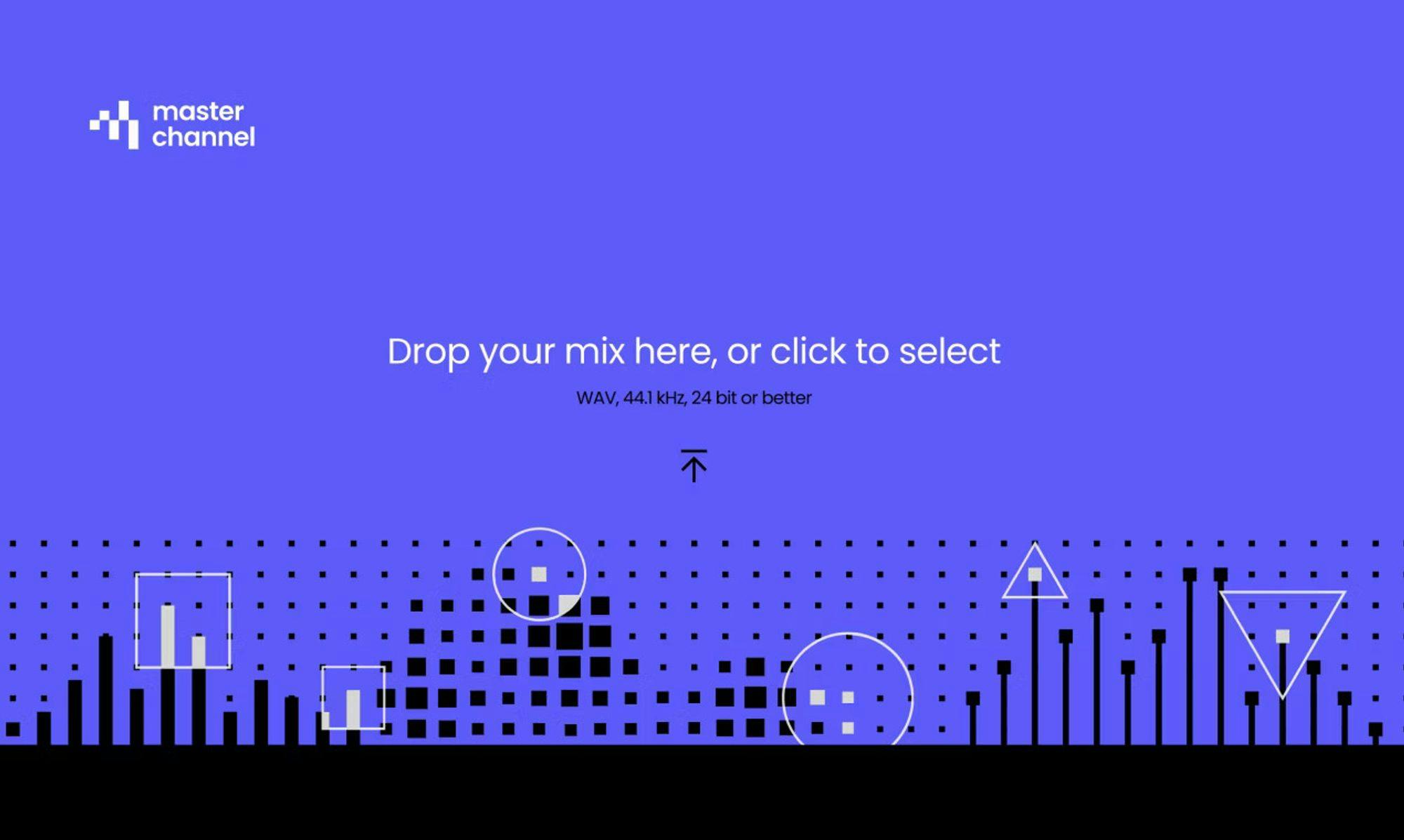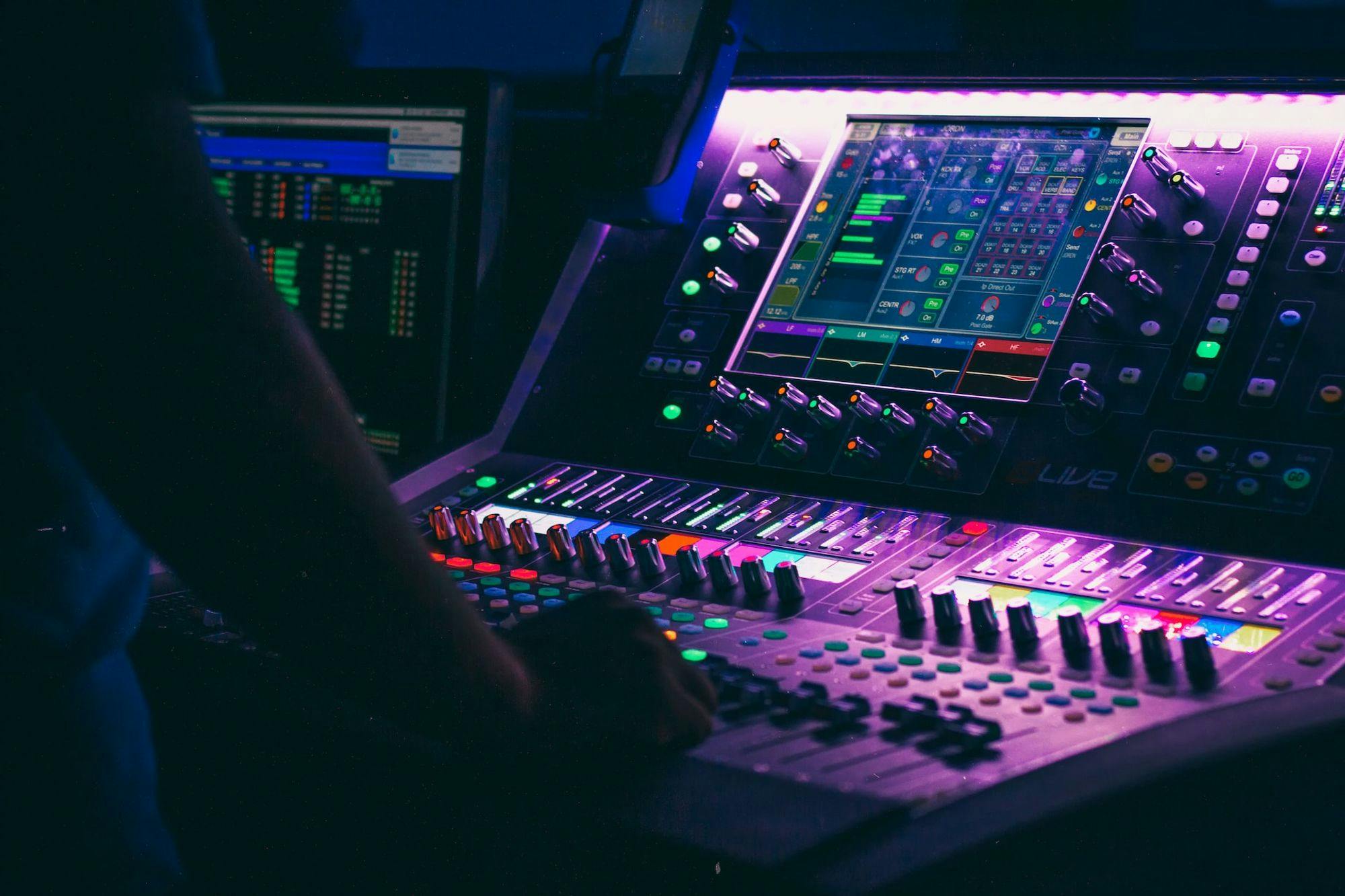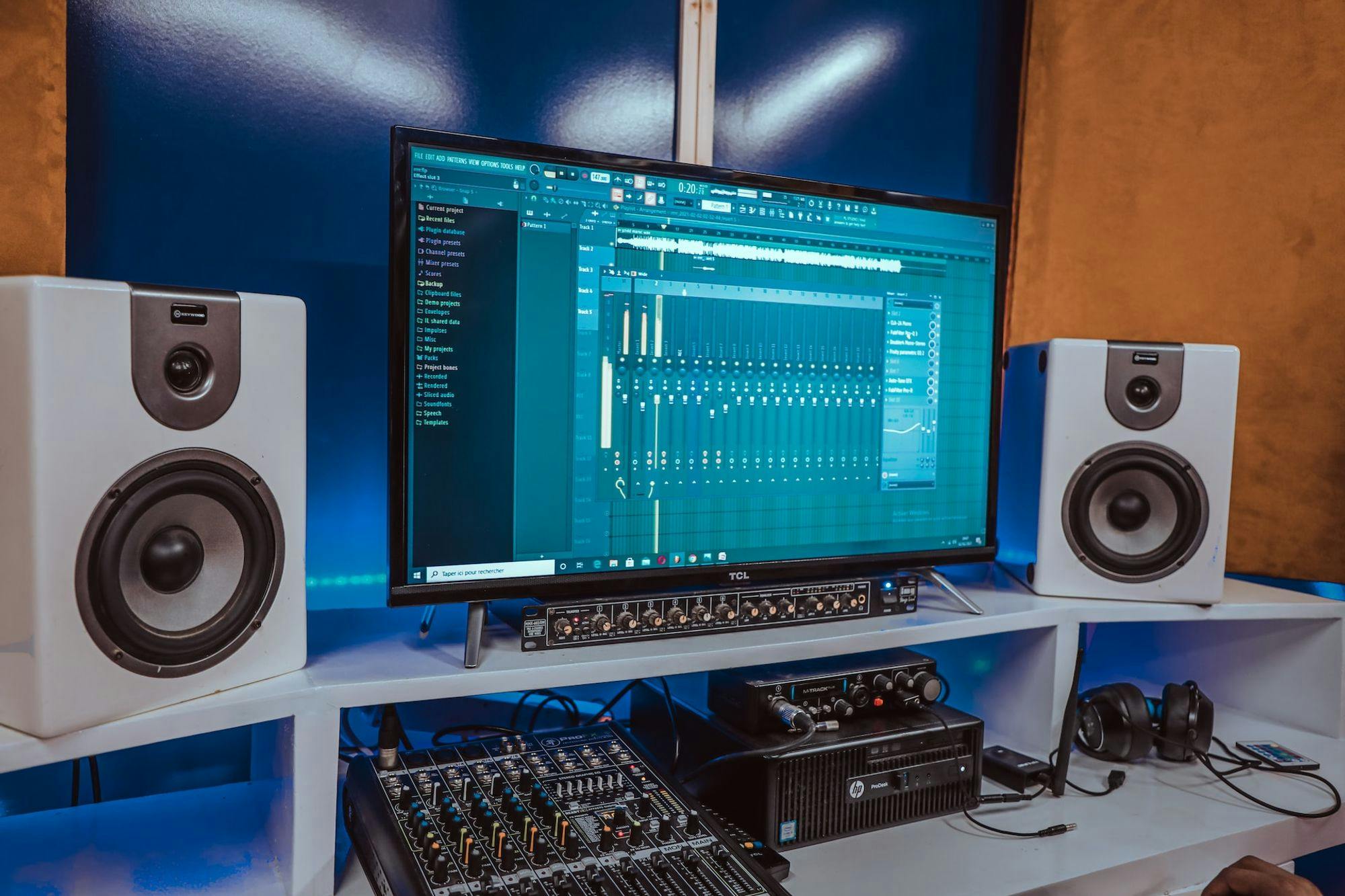One of the most important things that Label and A&R Managers look for when receiving demos from artists is exclusivity. This means that they expect the demos they receive to be exclusive to their label and not to be sent simultaneously to other labels and DJ.
Why is this important?
For one, it shows labels that the you are serious about working with their label and has taken the time to research and identify them as a potential partner. It also allows managers and DJs to confidently evaluate the demo and give it the attention it deserves. If they receive a demo that has been sent to multiple labels, it can be difficult for us to determine if you are truly interested in their label or if you are simply sending their music to as many labels as possible in the hopes of getting signed.
DJs that head up labels value exclusivity. Often demos are tested in their sets and tried out in front of crowds before being signed and many of the world’s biggest and well-respected DJs select from only music they have access to. As an producer, you should respect this as it can quickly be revealed on social media that your track is being played by others - especially if you’ve made a great track that is getting support!
Reputational Damage
Sending demos to multiple labels simultaneously can harm your reputation within the industry. Label managers and A&R representatives often talk and share information about artists they are thinking of working with in order to gauge the reaction from their peers. If an artist is found to be sending the same music to multiple labels at the same time, it can make them look unprofessional and less trustworthy. This can have a negative impact on your chances of getting signed and likely end a relationship with that specific label. Examples of two labels wanting the same record and an artist having to choose are not uncommon, and choosing one over the other will likely end any future relationship with label that was passed.
Be Patient
It's important to note that sending demos to one label at a time does not mean waiting months for a response. It's acceptable to follow up with a label after a reasonable amount of time has passed, typically 3-4 weeks. This shows you are interested and eager to work with the label, but also respectful of their time and process. Labels and DJs using Trackstack will do this automatically when they’ve listened to your track, but sometimes it is appropriate to send a follow up message. If you don’t hear back within 4-6 weeks, you should feel empowered to send your track to a new label.
Conclusion
In conclusion, demo exclusivity is crucial when sending music to labels. It shows that you are serious, professional, and dedicated to your craft. Sending demos to one label at a time maintains your integrity within the industry. Label managers and DJs appreciate and respect artists who take the time to research and identify target labels they are excited to work with, and we look forward to receiving exclusive demos from you in the future.




